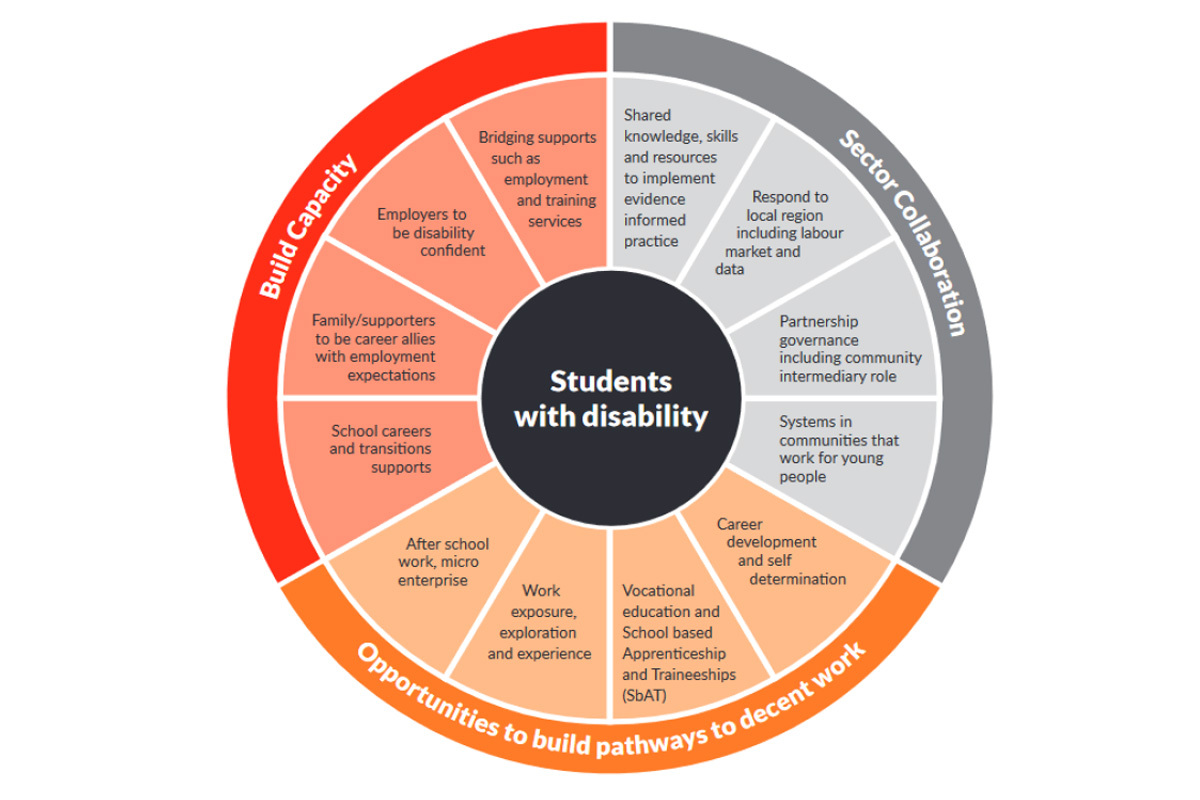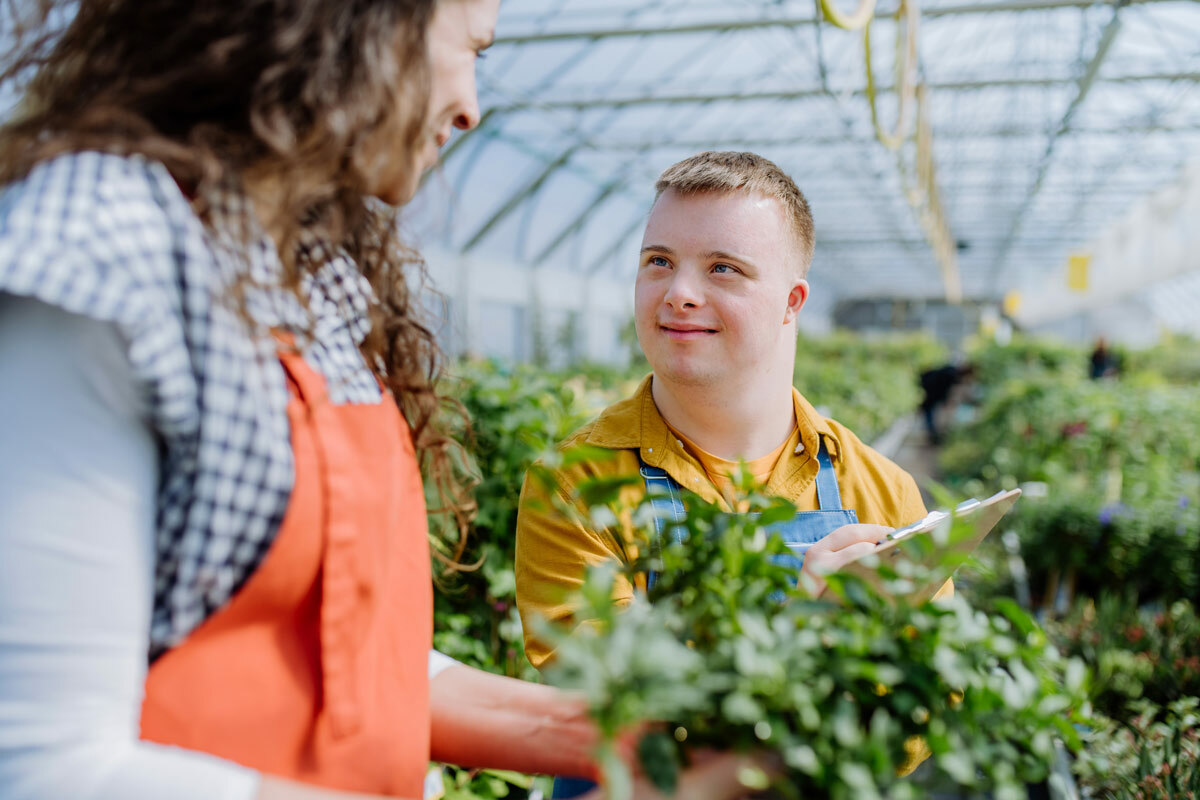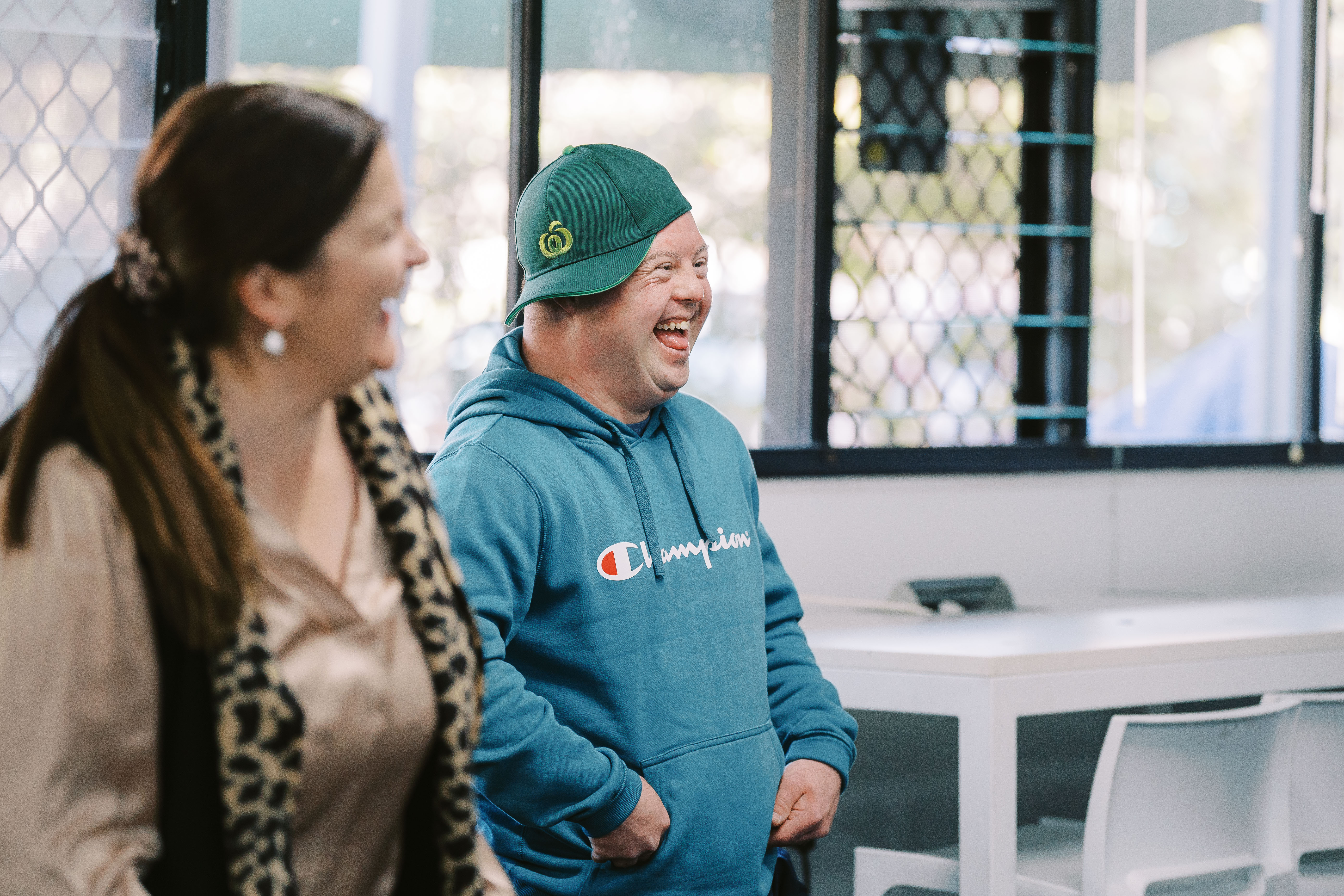School to work transition for young people with disability and the Ticket to Work approach


Despite a policy context in Australia that professes to policy goals of increased employment for people with disability and successful school to work transition, people with disability remain less likely to complete year 12, attend university, or gain work experience and employment than their peers.
In 2012, Ticket to Work commenced as an initiative to change these outcomes and bring evidence-based transition practice to Australia. It's an innovative approach aimed at improving transition to work from school for young people with disability.
This report:
- Brings together the international research evidence about elements that result in successful transition from school to work for young people with disability
- Provides an analysis of the ecosystem in which young people with disability experience transition from school in Australia, and
- Gives a description of the Australian transition initiative, Ticket to Work and its impact on transition for this group
The report highlights that transition outcomes can be improved for young people with disability when mechanisms are put in place to enhance what is usually available within schools, post school education and in the disability employment ecosystem.
In addition, supporting young people and their families to engage in thinking about post school employment early, results in a greater number of work-related opportunities being available to young people during their late schooling and early adult period.
The ticket to work core elements
The Ticket to Work founders outlined a set of core elements that underpin the Ticket to Work approach. They articulate four elements of ‘good transition’ around which Ticket to Work is built: career development and workplace preparation, work experience, vocational training including Australian School-based Apprenticeship and Traineeships, and after school work — though the focus on this feature was added as Ticket to Work evolved.
The Ticket to Work approach delivers on these ingredients through three activity areas, as outlined in the infographic below:
- Sector collaboration
- Providing the opportunity for young people with disability to build employability whilst at school, and
- Building capacity of key stakeholders: schools, parents, and employers

What's next for ticket to work?
Both the research evidence and the evidence from the scaled implementation of Ticket to Work in Australia, are sufficient to warrant this type of approach being made universally available across all areas of Australia, to enable young people with disability to benefit from improved employment outcomes.
To achieve this, there is a role for Federal and State governments in redesigning the existing ecosystem to enable this approach to be a permanent and present feature of Australia’s strategy to support employment of people with disability.
It is likely that employment outcomes for students with disability would improve quickly and dramatically under such a scenario.
Funding for the Ticket to Work network approach ceased in 2022 and the enabling body moved to the Brotherhood of St. Laurence (BSL). While Ticket to Work networks continue to exist in local areas, BSL are not actively involved in those networks. Those networks are well established and are operating without support.



